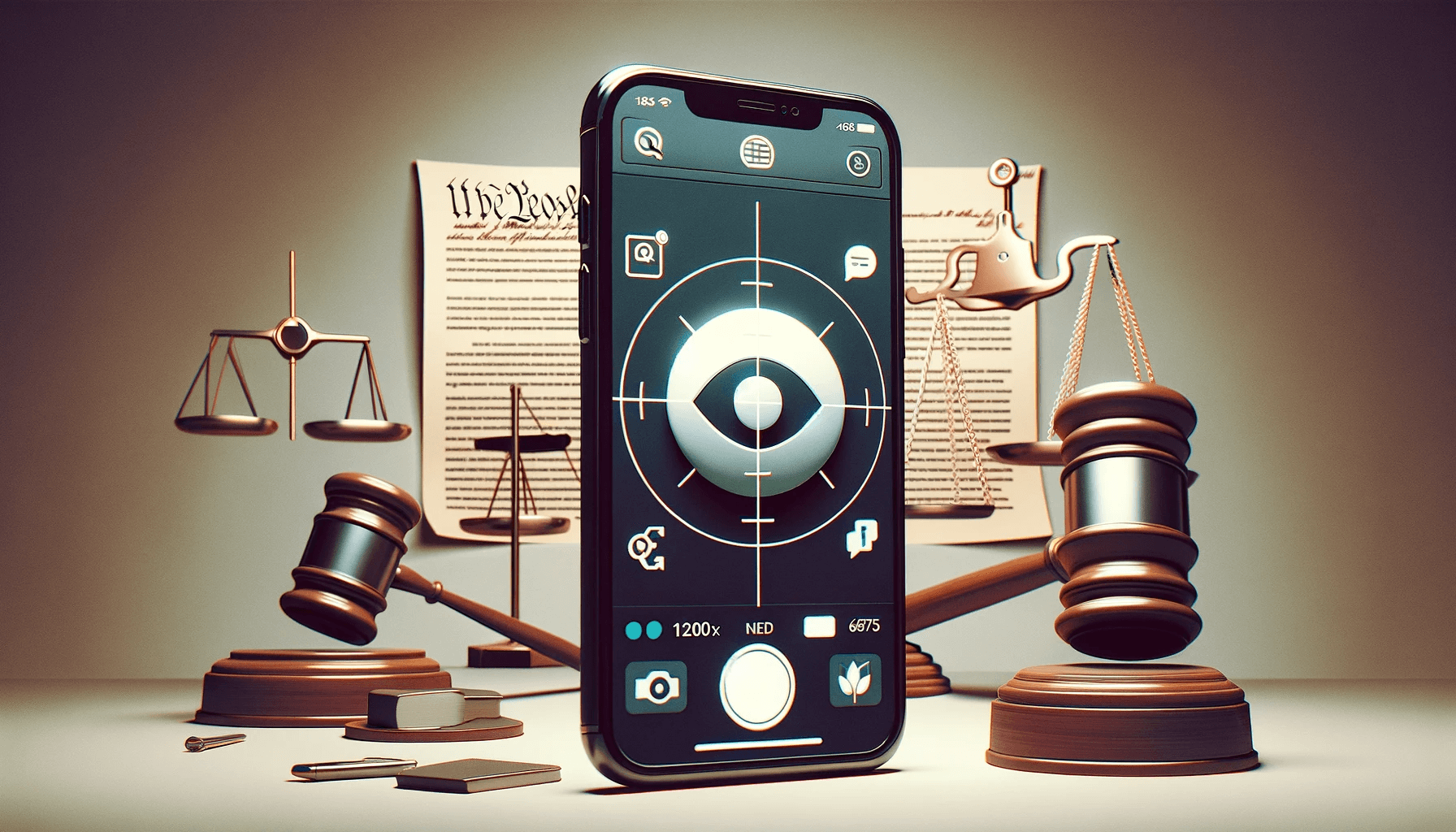The legality of sending screenshots of conversations is a nuanced topic, dependent on various factors including the nature of the conversation, the context in which the screenshot is shared, and state-specific privacy laws.
Understanding the Legal Landscape
Contextual Legality: Sharing screenshots of conversations isn’t universally illegal but hinges on the context. For instance, sharing screenshots from public forums, where no expectation of privacy exists, is generally permissible. However, sharing private conversations without consent can lead to legal complications. This is especially true if the screenshot is shared with malicious intent or violates a person’s privacy or property rights.
State-Specific Laws: The legal treatment of text messages in the U.S. varies by state. In some states, recording a phone conversation without the consent of all parties is illegal, impacting how text messages are perceived legally. Text messages often straddle the line between private communication and personal property, creating ambiguity in their legal handling. Currently, many states lack specific laws governing the collection and preservation of text messages by individuals.
When Sharing Can Be Problematic
Criminal vs. Civil Liability: The act of posting saved screenshots can sometimes lead to criminal trouble, especially if it assists in the commission of a crime, violates protective orders, or shares protected proprietary information. More commonly, however, legal issues arise on the civil side. Sharing private conversations without consent can lead to lawsuits if it causes harm or detriment to the other party involved, breaches confidentiality agreements, or involves defamation or cyberbullying.
Best Practices for Sharing Screenshots
- Seek Permission: Always obtain consent from all involved parties before sharing a screenshot, especially in a private context.
- Blur Sensitive Data: Consider blurring out personal information in screenshots to protect privacy.
- Be Cautious with Public Sharing: Avoid publicly sharing screenshots, especially on social media, as it can lead to unintended privacy breaches.
- Respect Privacy: Understand that sharing private messages without consent is generally viewed as unethical and can lead to legal issues, especially if it involves sensitive or confidential information.
Legal Implications and Considerations
- Be aware of state-specific privacy regulations, as legal ramifications can vary.
- Familiarize yourself with terms of service of the platforms where the conversation occurred, as they can dictate permissible actions regarding sharing screenshots.
- When in doubt, consult with a legal professional to understand the implications in your specific jurisdiction.
Conclusion
While sending screenshots of conversations isn’t inherently illegal, it is crucial to consider the privacy and consent of those involved, as well as the specific legal context of your state. Navigating this requires a balance between transparency, ethical communication, and legal compliance.









Leave a Reply